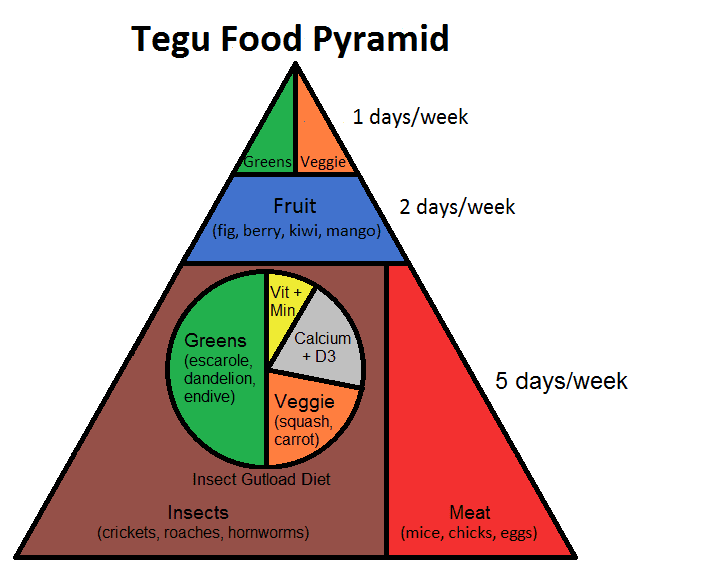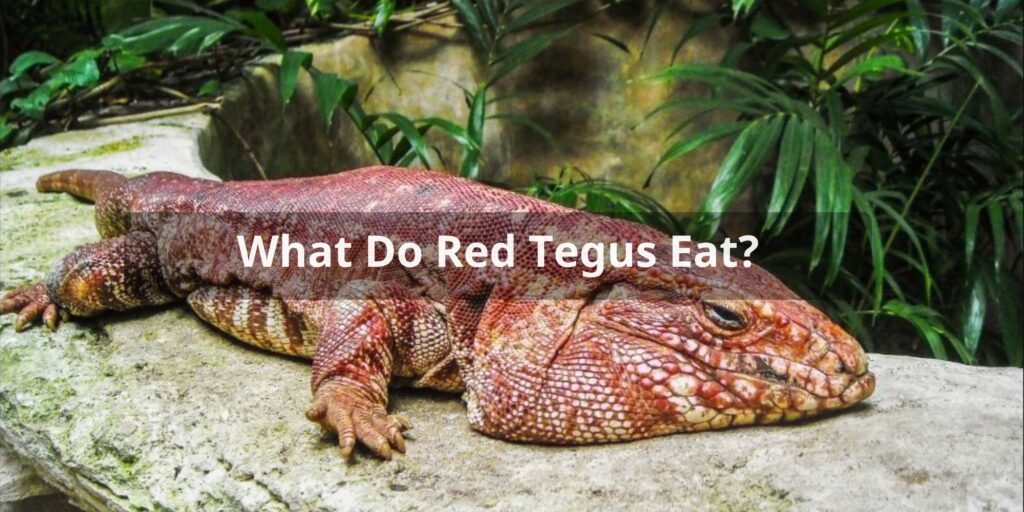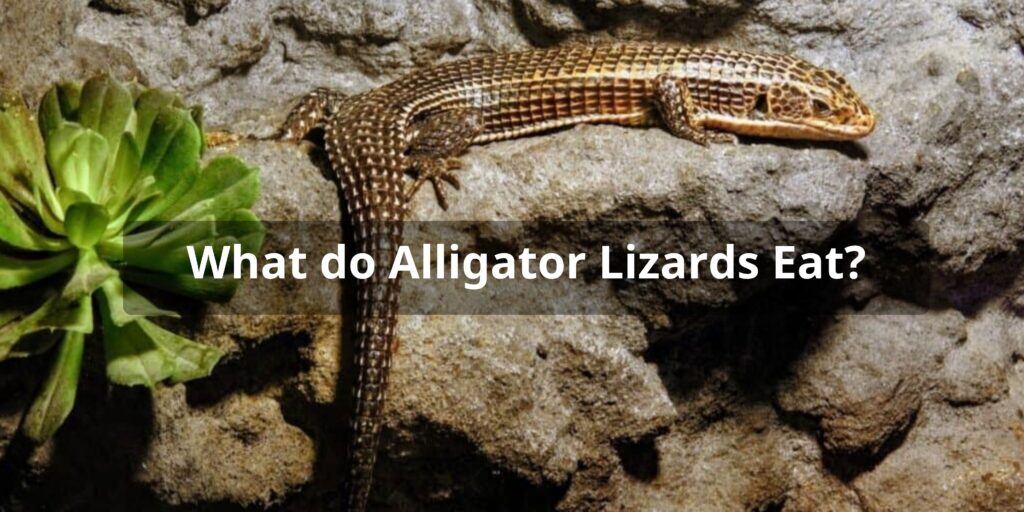Red tegus are carnivorous reptiles, and their diet consists primarily of insects and small animals. However, they also eat fruits and vegetables to supplement their diet. In this article, we will discuss the essential foods that red tegus need to thrive, along with the feeding guidelines and hydration needs.
Red Tegu Diet Basics
Red tegus require a balanced diet that includes both live food and plant-based food. As hatchlings, they should be fed daily, while adult tegus can be fed every other day. The ratio of insects to plants should be 70:30 for juveniles and 50:50 for adults.
Essential Foods for Red Tegu Diet

Preferred Live Food Options
Red tegus prefer live food options such as crickets, mealworms, super worms, and Dubia roaches. These insects are rich in protein, which is essential for growth and development.
Safe Vegetables for Regular Intake
Red tegus should have a varied diet that includes leafy greens, such as collard greens, kale, and mustard greens. Other safe vegetable options include squash, zucchini, and green beans.
Recommended Fruits for Red Tegu Diet
Red tegus enjoy fruits such as bananas, strawberries, and blueberries. However, fruits should be given in moderation as they contain high amounts of sugar.
Essential Vitamins & Minerals
Calcium and vitamin D3 are essential for the health of red tegus. These nutrients can be provided through a calcium supplement or by feeding them calcium-rich foods such as bone meal.
Foods to Avoid for Red Tegu
Red tegus should avoid avocados, rhubarb, and spinach, as they contain compounds that can be toxic to reptiles. Additionally, they should not be fed insects that are high in fat, such as mealworms and waxworms, as this can lead to obesity.
Feeding Guidelines for Red Tegu Owners
Red tegus should be fed in a separate feeding container to prevent them from ingesting substrate. The feeding container should be cleaned after each use. It is also important to monitor their food intake to ensure they are eating enough but not overeating.
Understanding Red Tegu Hydration Needs
Red tegus require access to clean water at all times. A shallow water dish should be provided, and it should be changed regularly to prevent bacterial growth. Additionally, red tegus benefit from occasional misting to maintain the humidity levels in their enclosure.
Key Takeaway:
- Red tegus require a balanced diet of live food and plant-based food.
- Essential foods for red tegus include crickets, leafy greens, and calcium-rich foods.
- Foods to avoid for red tegus include avocados and high-fat insects.
- Feeding guidelines for red tegus include feeding in a separate container and monitoring their food intake.
- Red tegus require access to clean water and occasional misting to maintain humidity levels.
Conclusion In conclusion, a balanced diet is crucial for the health and well-being of red tegus. By following the feeding guidelines and providing essential foods and nutrients, owners can ensure their red tegus thrive and live a healthy life.
FAQs About Red Tegu Diet
What do Red Tegus eat?
Red Tegus are omnivores, consuming a diverse diet of animal and plant matter. Their diet includes insects, rodents, eggs, fruits, vegetables, and occasional small vertebrates. Providing variety ensures proper nutrition and enrichment.
Can I feed my Red Tegu only fruits and vegetables?
No, Red Tegus need a balanced diet. While they eat fruits and vegetables, their diet should also include protein sources like insects, rodents, and eggs for optimal health.
How often should I feed my pet red tegu?
Feed adult Red Tegus 2-3 times a week. Juveniles require more frequent meals. Adjust feeding based on their age, size, and activity level. A consistent feeding routine supports their well-being.
What types of protein sources are suitable for them?
Suitable protein sources include insects like crickets, roaches, and mealworms. Additionally, offer small rodents, eggs, and occasional vertebrates. A variety of protein-rich foods ensures their dietary needs are met.
Is it okay to give red tegus eggs?
Yes, eggs can be part of their diet. Red tegus often consume eggs in the wild. Offer cooked eggs as a protein source, but they should not constitute the entire diet. Balance with other foods for nutritional completeness.
Can Red Tegus eat rodents?
Yes, small rodents can be included in their diet. Offer appropriately sized rodents as a protein source. Ensure a balance with other foods to prevent nutritional deficiencies.
Should I provide calcium supplements?
Yes, provide calcium supplements. Dust their food with calcium powder to prevent metabolic bone disease. A proper calcium-to-phosphorus ratio is crucial. Consult a reptile veterinarian for guidance on supplementing based on their needs.



